
What is MFA?
Multi-Factor Authentication (MFA) enhances security by requiring two or more verification factors, such as passwords, devices, or biometrics, to protect against unauthorized access and reduce credential theft.

What is SOC?
A SOC monitors, detects, and responds to threats 24/7, ensuring security and compliance while minimizing downtime. Cybernexa’s tools enhance SOC efficiency with AI-driven detection and automation.

What is Federated SSO?
Federated SSO allows users to access multiple services with one login across domains. It uses protocols like SAML, OAuth, and OpenID Connect. Key benefits include enhanced security, improved user experience, and cost efficiency, benefiting organizations, educational institutions, and healthcare providers needing secure, seamless cross-domain access.

Authentication VS Authorization
Authentication verifies a user’s identity, while authorization defines the access level granted to that user. Authentication confirms “who you are” through methods like passwords or biometrics. Authorization determines “what you can do,” such as using role-based access control (RBAC). Both work together to secure systems and resources.<br>

What is IAM?
IAM secures access by verifying identities and managing permissions, protecting data and systems. It prevents breaches, ensures compliance, and improves efficiency. Cybernexa’s solutions like CyLock MFA and SSO provide seamless, robust IAM.

What is FIDO2?
FIDO2 is a passwordless authentication standard using cryptography for secure logins with devices like security keys or biometrics. It enhances security and user experience. Cybernexa’s CyLock Passwordless Authentication integrates FIDO2 for improved security and simplified access.

What is LDAP?
LDAP (Lightweight Directory Access Protocol) is a protocol for managing and accessing directory data like user accounts. It supports authentication and authorization and is often integrated with Active Directory. Security is enhanced using SSL/TLS for encrypted communication between clients and servers.

What is VPN?
A VPN (Virtual Private Network) secures internet connections by encrypting traffic and routing it through remote servers. It enhances privacy, bypasses geo-restrictions, and ensures secure remote access. VPNs use protocols like OpenVPN, IPsec, and WireGuard, with authentication methods including passwords, certificates, and multi-factor authentication.

What is SAML? How Does It Work?
SAML (Security Assertion Markup Language) is an open standard for exchanging authentication and authorization data between parties, such as an identity provider (IdP) and a service provider (SP). It enables single sign-on (SSO), allowing users to access multiple applications securely with one login, streamlining authentication and improving user experience.

What is Out-of-Band Authentication (OOBA)?
Out-of-Band Authentication (OOBA) is a security method that uses two separate communication channels to verify a user’s identity. For example, after logging in on a website, a code might be sent via SMS or a phone call. This adds an extra layer of security, reducing the risk of unauthorized access.

What is SSH?
SSH (Secure Shell) is a cryptographic network protocol that allows secure communication between devices over an unsecured network. It is widely used for remote login to servers, secure file transfers, and executing commands securely. SSH ensures confidentiality and integrity using encryption, making it essential for system administrators and developers.

How Single Sign-On (SSO) Works
Single Sign-On (SSO) allows users to access multiple applications with one set of login credentials. When a user logs in through an identity provider (IdP), the IdP authenticates the user and sends a secure token to connected service providers (SPs). This eliminates the need for multiple logins, improving convenience and security.

Difference Between OTP, TOTP, and HOTP
OTP is a one-time password used for secure authentication. TOTP generates time-based passwords that expire after a set period, while HOTP creates counter-based passwords valid until used. The key difference: TOTP relies on time synchronization, ensuring timely access, whereas HOTP depends on an incremental counter for password generation.

What is Adaptive Authentication?
Adaptive Authentication is a security approach that dynamically adjusts authentication requirements based on contextual factors like user behavior, location, device, or risk level. For example, unusual login activity may trigger additional verification steps. This method enhances security by balancing user convenience with protection against unauthorized access.
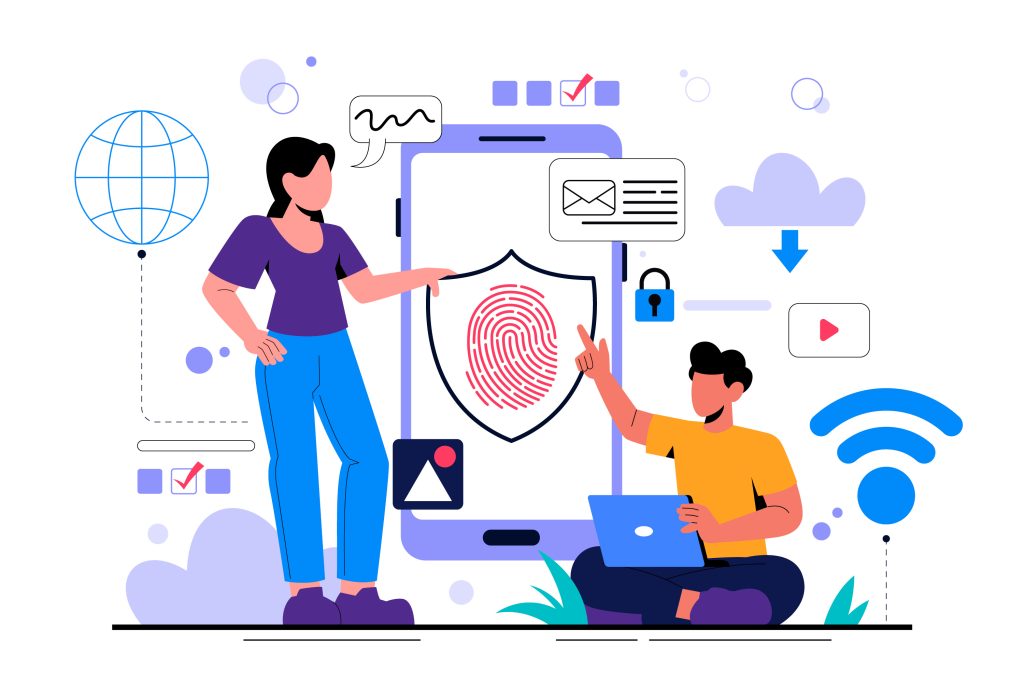
What is the difference between MFA and adaptive MFA?
Multi-Factor Authentication (MFA) enhances security by requiring multiple verification factors. Adaptive MFA goes further, incorporating contextual data like user location and device, enabling risk-based authentication for improved security and a seamless user experience.
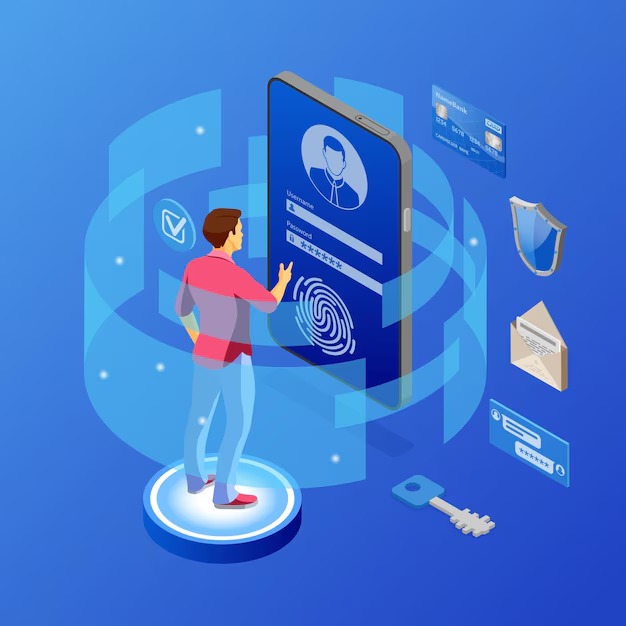
What is SAML vs LDAP?
SAML (Security Assertion Markup Language) enables Single Sign-On (SSO) for cloud applications by federating identities, while LDAP (Lightweight Directory Access Protocol) manages authentication through directory services in on-premise environments, each serving distinct authentication needs.

What is SAML vs OAuth?
SAML and OAuth are protocols with distinct purposes: SAML focuses on user authentication and Single Sign-On (SSO), while OAuth handles secure, token-based authorization, enabling limited access to resources without sharing credentials.

What is Active Directory?
Active Directory (AD) is Microsoft’s directory service for managing network resources. It centralizes authentication, authorization, and resource management, enabling administrators to implement security policies and streamline user and device access in enterprise environments.
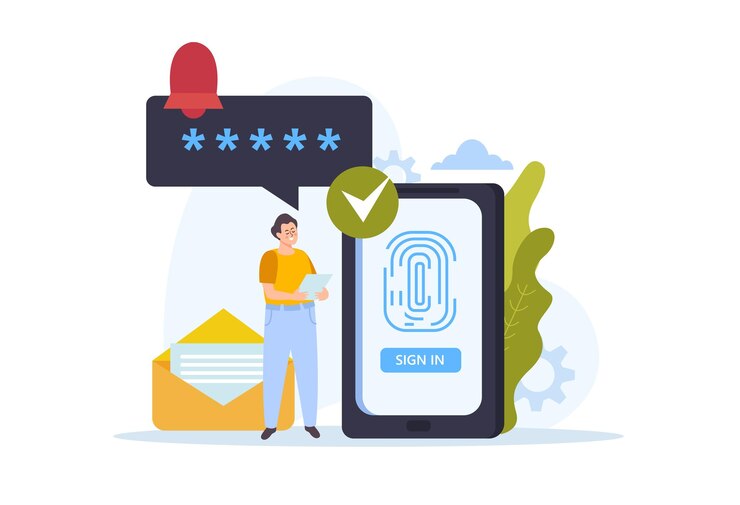
What is Two-Factor Authentication (2FA)?
Two-Factor Authentication (2FA) strengthens security by requiring two verification methods, such as a password and a physical device or biometrics. This extra layer of protection reduces the risk of unauthorized access and data breaches.

What is Single Sign-On (SSO)?
Single Sign-On (SSO) allows users to access multiple applications with a single set of login credentials, enhancing user experience and security by reducing password fatigue and streamlining authentication processes.
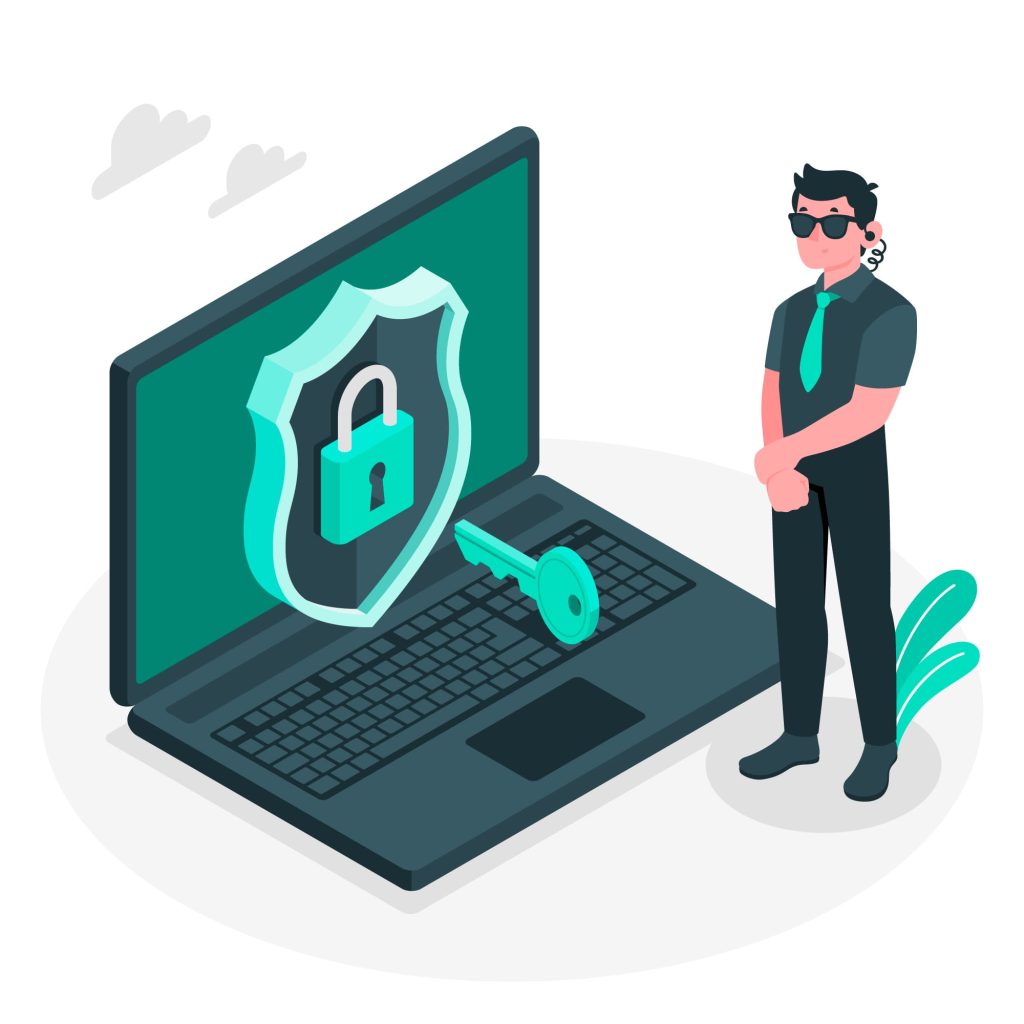
What is Cybersecurity?
Cybersecurity is the practice of protecting systems, networks, and data from cyber threats like hacking, malware, and data breaches. It involves tools, technologies, and practices to safeguard digital assets, ensure confidentiality, integrity, and availability, and mitigate risks in today’s digital world.
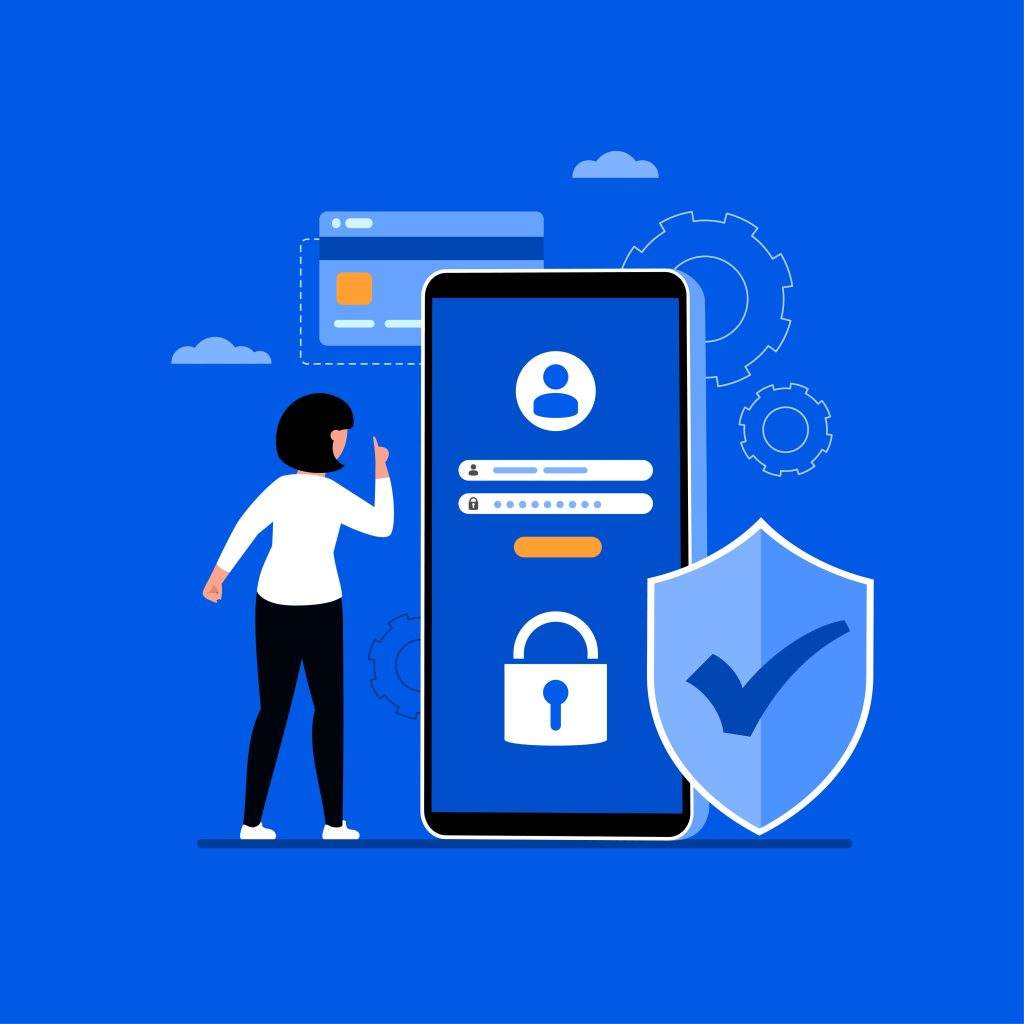
What is MFA (Multifactor Authentication)?
Multifactor Authentication (MFA) is a security method requiring users to verify their identity using multiple factors, like a password (something you know), a device (something you have), or biometrics (something you are). It strengthens account security by adding extra layers of protection.
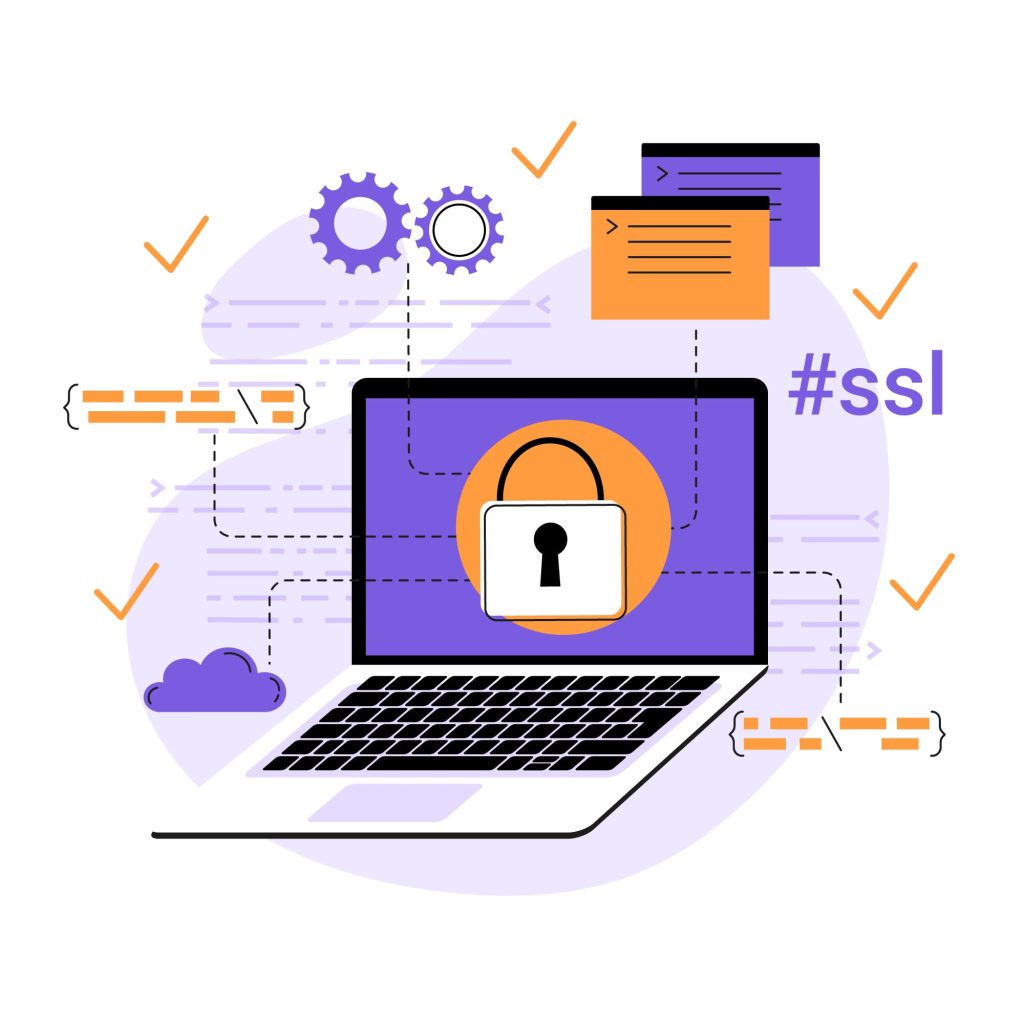
What is RDP?
Remote Desktop Protocol (RDP) is a Microsoft-developed protocol that enables users to remotely access and control another computer over a network. It provides a secure, graphical interface for tasks like remote work or IT support, allowing resource sharing and seamless management of remote systems.

What is Remote Authentication Dial-In User Service (RADIUS)?
Remote Authentication Dial-In User Service (RADIUS) is a networking protocol that provides centralized authentication, authorization, and accounting (AAA) for users accessing network services. It’s widely used for secure remote access and managing user credentials efficiently.
Written By